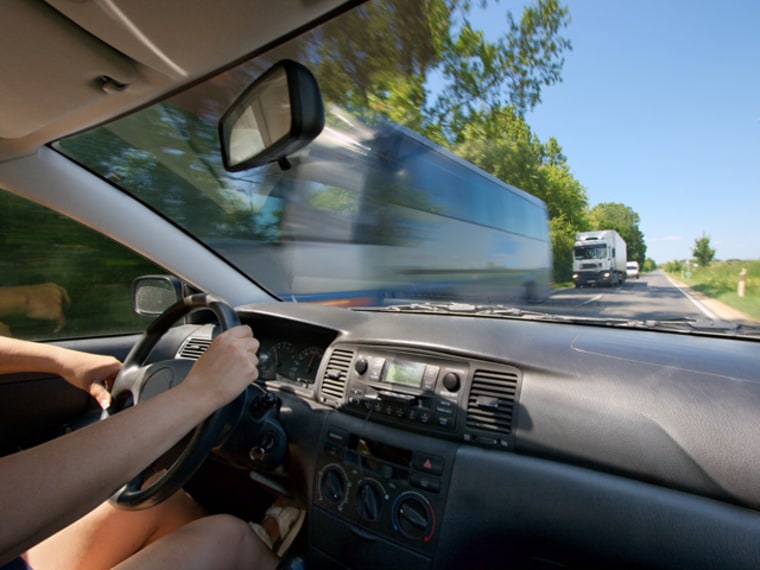Getting to a destination usually feels longer than heading back from it. Known as "the return trip effect," the popular wisdom has been that it seems to take less time to go the same distance because a person is now familiar with the route having traveled it before.
But a new study has found that familiarity and predictability might not be the reasons a return trip feels shorter. It suggests a mismatch of expectations is more likely to be one of several possible causes.
"Everyone seemed to think that the return trip effect was caused by recognizing things along the way," says Niels van de Ven, the study's lead author. "However, I also experience it during airplane travel, where I don't recognize things. So I wanted to know why the effect existed."
To find out, his research team first tracked 69 participants on a day-long bus trip. Although each leg took the same amount of time, volunteers reported the initial trip took longer. The more participants believed the outbound route seemed slower than expected, the faster the return bus trip felt -- even though familiar landmarks were seen.
The research appears in the journal Psychonomic Bulletin & Review.
A second study looked at a different form of transportation -- a bike trip. This time, 97 college freshman biked to a forest clearing using two equally distant routes. Two hours later, one-third returned by the same route while the rest headed back on a different route that was the same length.
Although all the routes took 35 minutes to ride, students estimated the outbound journey took 44 minutes and the return leg took 37 minutes. Students who rode two different routes tended to over-estimate the time each trip took compared to those who went out and back the same way.
Whether by bus or bike, researchers were surprised to find that "people felt the return trip was about 22 percent shorter than the initial trip," says van de Ven, an assistant professor of social psychology at Tilburg University in the Netherlands.
He believes that what happens is people are typically too optimistic about the initial trip, which then takes disappointingly long. So when they return, they're now anticipating it will take a long time. But compared to this expectation, the return trip does not seem as bad.
Even so, there are some instances when the return trip effect doesn't apply. One is when a route becomes very familiar, such as a daily commute, because your expectations of the travel time become more accurate.
A second may be when you're going to a negative place, perhaps the dentist. You may arrive sooner than you'd like making the return home seem slower.
Also, you may not experience this effect on an out-and-back marathon course, when you're more exhausted on the return trip. And you wouldn't get the effect if you hiked the same distance up a mountain and then down it because the terrain changes.
Readers, what's your experience: Do you typically feel like a return trip takes a shorter amount of time?
